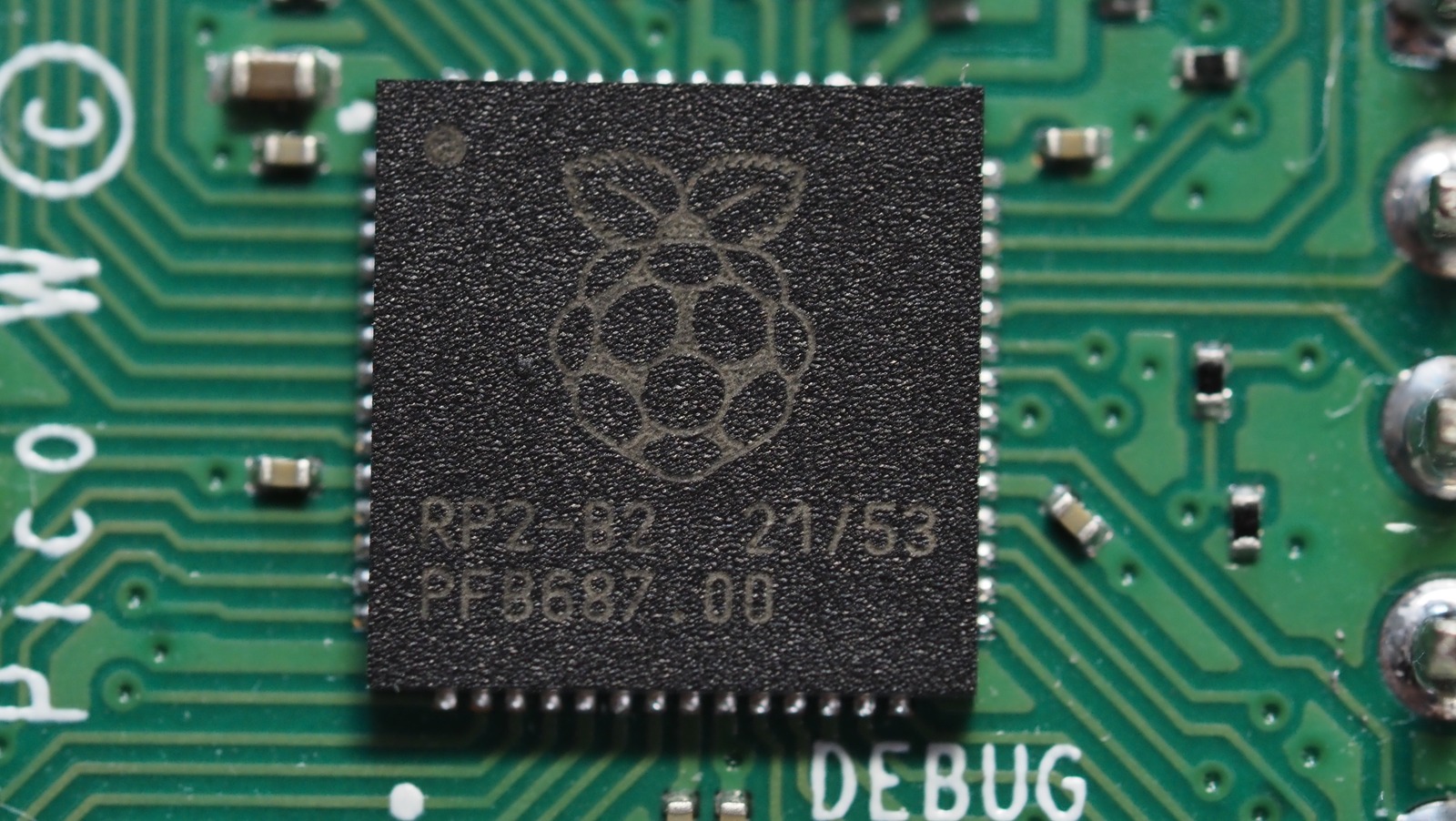Fashion brands are under increasing pressure to produce new styles at breakneck speed, with fast-fashion giants like Shein, H&M, and Zara setting the pace. To meet these demands, many are turning to technology to streamline the design process. One standout player in this space is Raspberry AI, a two-year-old startup leveraging generative AI to transform how fashion ideas come to life.
Founded by Cheryl Liu, a former private equity analyst at KKR and executive at Amazon and DoorDash, Raspberry AI offers a text-to-image platform that allows designers to visualize their ideas almost instantly. This tool eliminates the need for weeks-long sample production or reliance on older design software like Browzwear and Adobe Photoshop.
“For the first time in history, you could rapidly create hundreds of designs in a way that you could never do before,” said Liu. Raspberry’s platform generates photo-realistic images from sketches, enabling brands to evaluate multiple design iterations quickly. Liu emphasized the efficiency, noting, “No company is going to order 50 different sample iterations for one single product, but now they can see 50 different iterations of a single design.”
The platform has gained traction among brands and manufacturers, boasting 70 customers, including Under Armour, Italian manufacturer Gruppo Teddy, and luxury label MCM Worldwide. This rapid adoption has culminated in a $24 million Series A funding round led by Andreessen Horowitz, with participation from Greycroft, Correlation Ventures, and MVP Ventures. This follows a $4.5 million seed round raised just 10 months earlier.
Andreessen Horowitz partner Bryan Kim cited Raspberry’s innovative approach and high-profile clientele as key factors behind the firm’s investment. “We had met with multiple companies and got excited about Cheryl as a founder and how she approaches building a company,” Kim said.
While Raspberry faces competition from other AI image generators like MidJourney, DALL-E, and Adobe Firefly, Liu believes her company’s edge lies in its industry-specific focus. For example, the platform can interpret terms like “fuzzy sweater” with precision, which general-purpose AI tools struggle to achieve. Additionally, Raspberry offers a unique feature that enables designers to create images directly from sketches.
With the new funding, Raspberry plans to expand its team across engineering, sales, and marketing while exploring new verticals, including home, furniture, and cosmetics product design.
Featured image courtesy of SlashGear







Leave a Reply